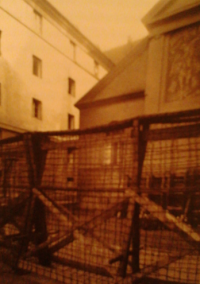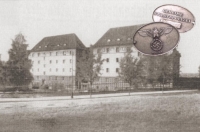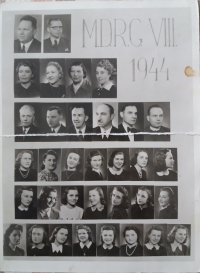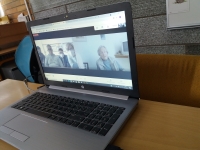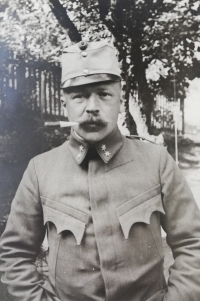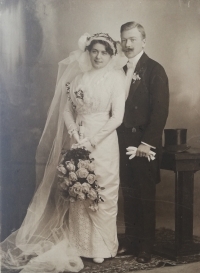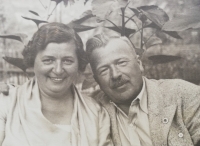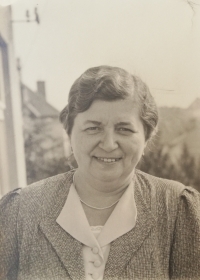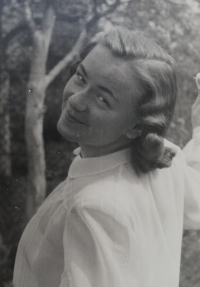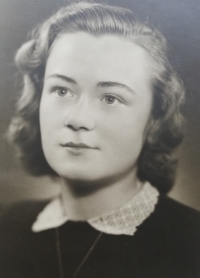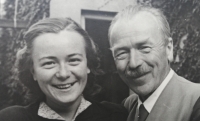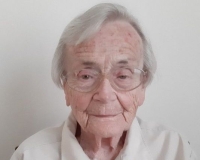Those guys were running in their pajamas

Download image
Vlasta Skřičková, née Schochová, was born on 24 October 1925 in Brno. Her father Leo Schoch worked as a director in the Workers’ Accident Insurance Company during the First Republic, her mother Marie, née Štočková, was a housewife. Vlasta Skřičková grew up on Březinova Street near Kounice’s dormitories and witnessed how students were expelled from there in the autumn of 1939 in connection with the Nazi closure of Czech universities and the building was occupied by the Gestapo. She graduated from the municipal school and the town’s girls’ reform real grammar school, then worked for a short time as a pharmacist. Her grandmother died during the air raid on Brno on 20 November 1944. During the liberation of Brno by the Soviet Malinovsky army, she hid for several days for fear of being raped. After the war, she experienced how Kounice’s dormitories turned into a camp for interned Germans. In 1945 she married and had two children. She worked all her life as a saleswoman in a drugstore. In 2024 she lived in Brno.
